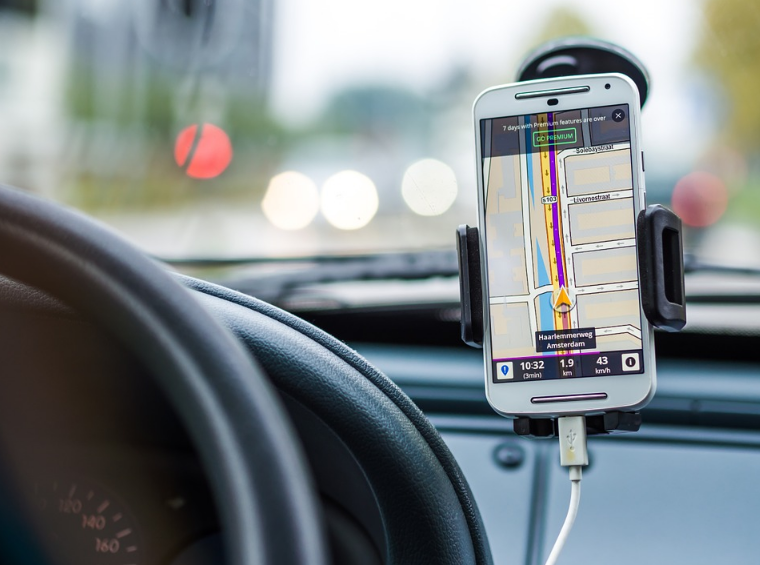Installing a vehicle tracking GPS isn’t only meant to be reassuring but could also save you money. Whether you plan to equip your company’s vehicles with a GPS tracking system as part of a fleet management program or install a GPS device for your car, there are many factors to consider before choosing the perfect vehicle tracking system for your requirements. The following are technological features to consider in selecting a vehicle tracking.

Types of Tracking System
Additional GPS systems connected to cars and cars monitor the vehicle’s position at all times (usually a few inches from the vehicle’s real-time position) and are especially useful for fleet management. Many GPS devices can be activated in an accident and alert emergency services in the vehicle’s affected area. In this way, the user can check if he follows the correct route indicated by the computer program. For fleet managers, it also provides a visual representation of each vehicle’s positioning in the fleet at any time, giving them the ability to send the nearest vehicle to a collection point or track a delivery’s maturity.
Real-Time Tracking
Some vehicle tracking systems also have a speed-limit monitor that could alert fleet managers when their vehicles use excessive speed. Speeding requires more power from the engine, which also wastes fuel. Moreover, it can lead to malicious reputational damage and possibly criminal proceedings for drivers exceeding the speed limits. For fleet management operations, this may waste company expenses and, essentially, jeopardizing the lives of themselves and other …

